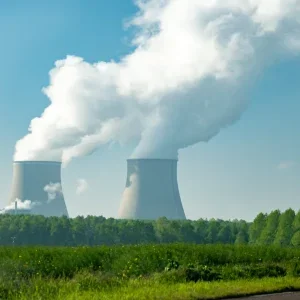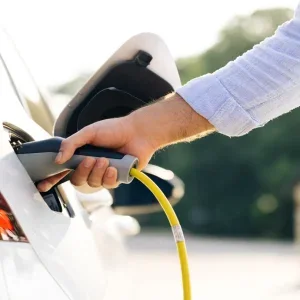
Bahamas Power & Light (BPL) has installed a GE’s TM2500 mobile aero-derivative gas turbine that can supply up to 34MW of additional energy to the island.
The TM2500 has been installed at the company’s Blue Hills plant and can provide enough energy for between 12,000 and 18,000 residential customers.
The company stated that the unit was installed and commissioned in just 42 days.
The mobile gas turbine deployed by GE Gas Power will potentially support the enhancement of frequency control of the grid.
It is expected to help diminish power outages and eventually facilitate the connection of more renewable generation.
GE gas power Central America and The Caribbean general manager Carlos Mousadi said: “Our TM2500 mobile aero-derivative gas turbine can operate on a wide variety of fuels including natural gas, LPG and distillate liquid fuel, becoming the first equipment of its kind to be installed in The Bahamas.
“The technology may potentially provide cheaper and cleaner power than the current diesel generators on the island.”
GE’s gas technology to bring more stability to Bahamas’ grid system
GE’s gas technology at Blue Hills is expected to bring more stability to the grid system.
With the help of the mobile power plant, BPL will be able to reach areas affected by natural events such as tropical storms and hurricanes of the intensity of Dorian.
BPL public relations director Quincy Parker said: “The highest peak of energy consumption during summer in New Providence is 250 MW and in winter goes down to 160-170 MW.
“Having an additional of up to 34 MW is significant for our operation and will allow us to deliver a better service to our customers and to the millions of tourists who visit us every year.
“On top of that, this kind of technology could enable us to respond more quickly to natural disasters like Hurricane Dorian.”






